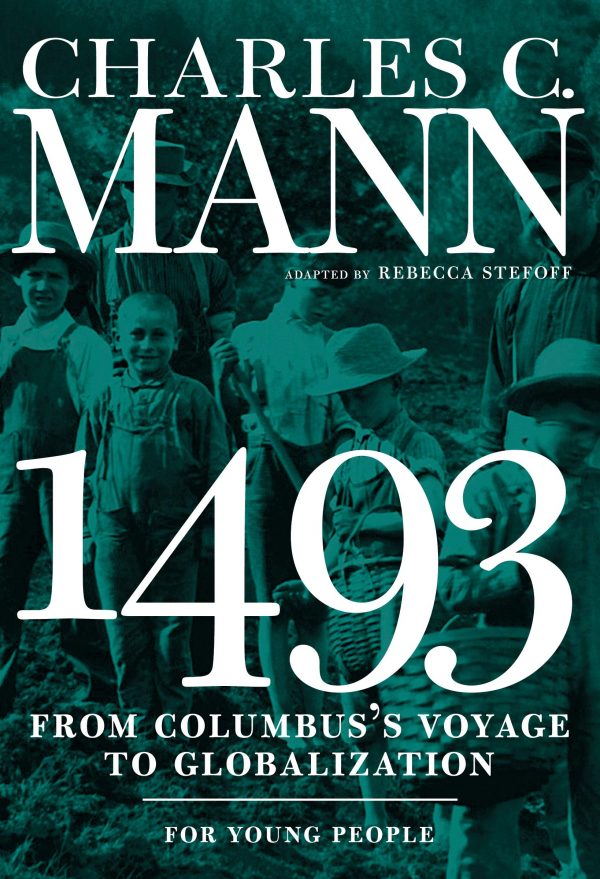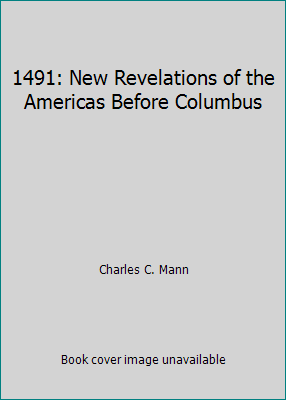


The first is Mann’s own in Massachusetts the second, a Filipino family plot in Bulalacao. Going one better than Voltaire, Mann’s book opens in a garden as well as closes in one. Mann’s outstanding new book, “1493: Uncovering the New World Columbus Created.” In more than 500 lively pages, it not only explains the chain of events that produced those candied fruits, nuts and gardens, but also weaves their stories together into a convincing explanation of why our world is the way it is. you would not be here eating candied fruit and pistachio nuts.” Pangloss says at the end of Voltaire’s “Candide.” “If you hadn’t been caught up in the Inquisition, or walked across America. An obvious stumbling block in this effort is the term "Indian" itself, a misnomer that homogenizes the distinctiveness of indigenous peoples.“There’s a chain of events in this best of all possible worlds,” Dr.

Mann emphasizes the distinct identities of "Indian" tribes, while looking to bring forth their complex political and social history. While Mann maintains that one of the main elements for this view is ignorance-there is a simple lack of materials with which to document and verify aspects of these societies-Mann also argues that the prejudices that prescribe and separate cultural identities simplify accounts. Built into this belief, Mann argues, is the prejudice that characterizes non-European societies as intrinsically "simple" and "innocent," and lacking the historical, cultural, and political sophistication of contemporaneous European societies. The author, Charles Mann, seeks to refute what he calls "Holmberg's Mistake"-the belief that no substantial cultural history existed in these regions before the arrival of European settlers and colonists. The first chapter of 1491 describes the gaps and oversimplifications of the conventional accounts of the history of the Americas, prior to the arrival of Europeans.


 0 kommentar(er)
0 kommentar(er)
